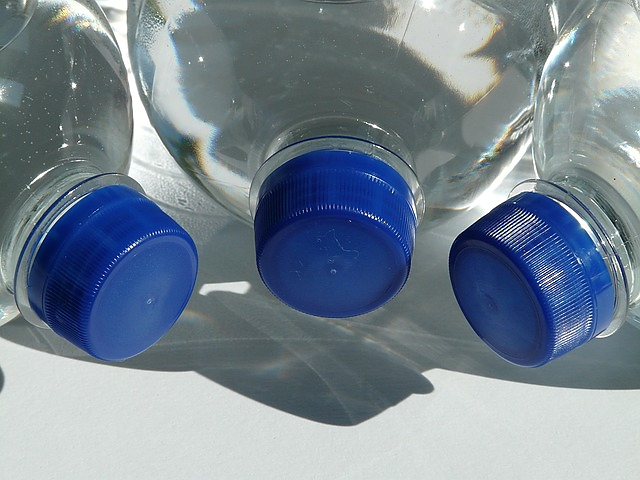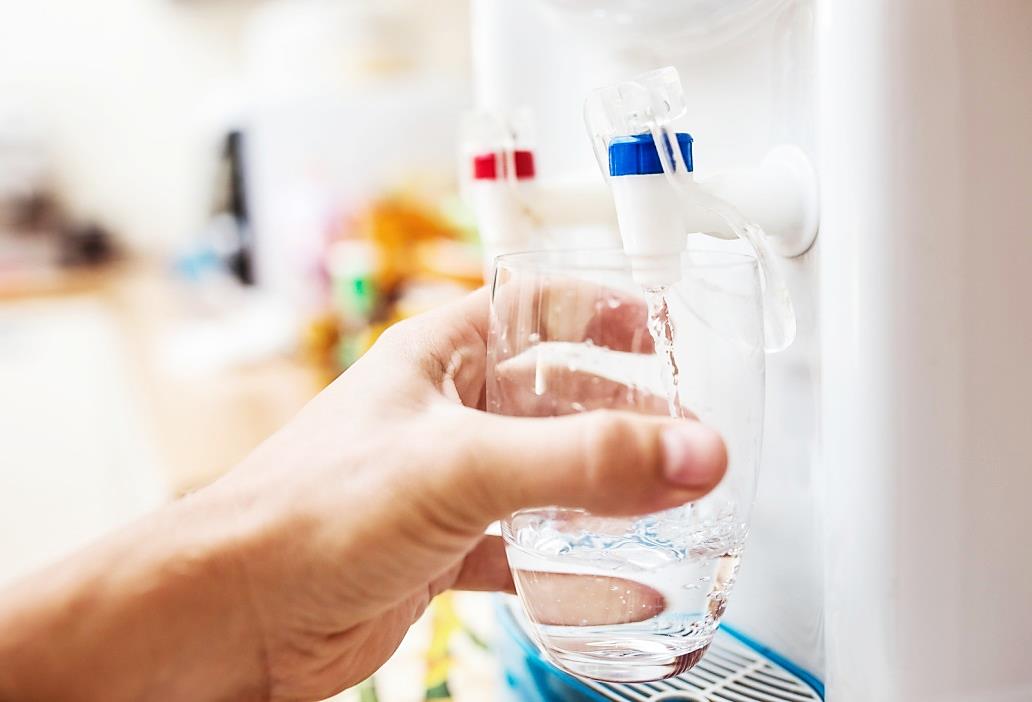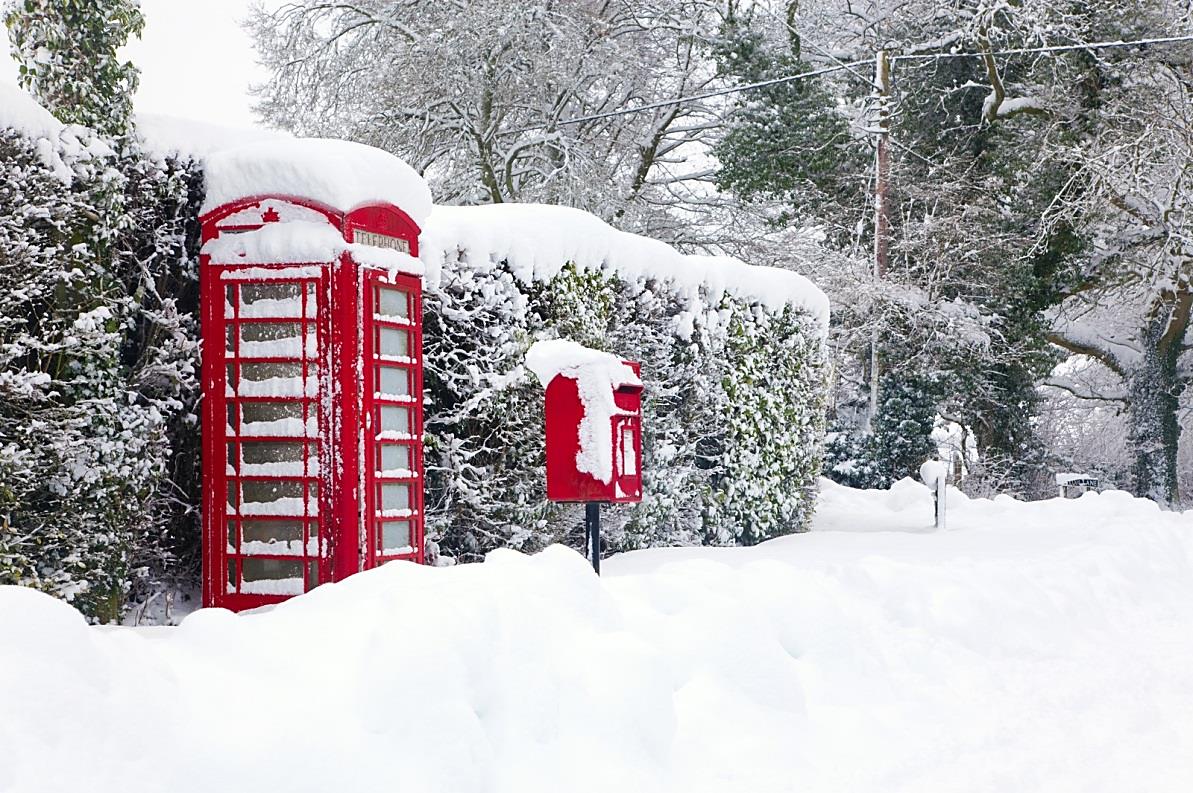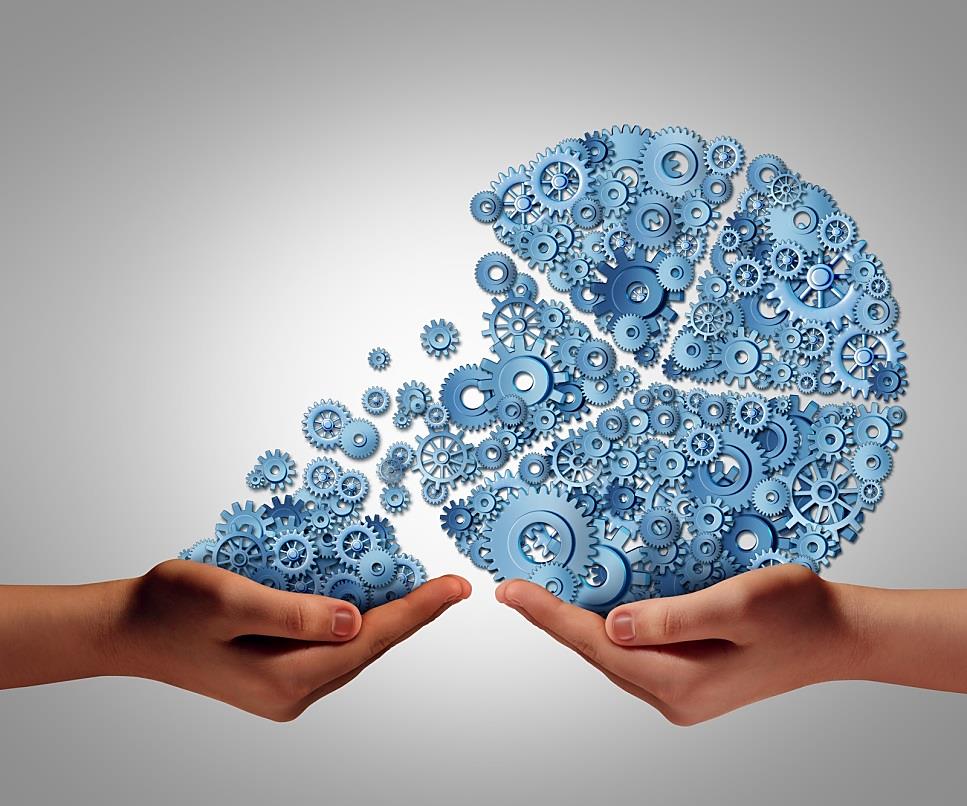
Tippy Toppy Hydration Tips for the Slowed Up
I know we keep on at you, dear hallowed visitor of the blog, about how important it is to keep hydrated and it can get a bit much, but, here’s the thing – it IS important. As in possibly the most important thing that keeps your wonderful self alive and operational, not to mention functioning, lucid, thinking, your organs doing what they need to do, your skin all plumped up and your eyes shiny berry clear.
Here are some fast facts just to give you an indication of how true my mention of your organs needing water to function is:
- Your brain is 75% water.
- Blood is 92% water.
- Your bones are 22% water.
- Your muscles (or musskills as my family call them) are 75% water.
See? I wasn’t kidding when I said how crucial keeping hydrated is!
Adverse effects from not drinking enough water include digestive, skin, bladder and kidney problems, fatigue, and even headaches. We need water as much as the air we breathe in! Keeping your body hydrated is not a joke.
Did you know that dehydration actually sets in just before you start feeling thirsty? Sipping water throughout the day is the best way to handle it. Always have a bottle or a glass of water handy. If you’re not a morning person, having two glasses of water right after you wake up will boost up your blood pressure to normal levels, and it’s way healthier than having your first coffee on an empty stomach. This I can personally attest to – I’m the antithesis of a morning person, but I started with 2 glasses of warm-ish water in the mornings when I wake up and I’ve stuck with it. I’ve since noticed a marked difference in my energy levels – not huge – but marked, if I don’t start the day drinking water.
Many of us believe that merely drinking fluids like sweetened juices, cool drinks or tea will hydrate you as well as water does. This is not true. It’s actually the opposite. To deal with the excess sugar and salt you are taking in your body wastes immense amounts of precious water just to clean it out from your system. And if you love your coffee, make sure to drink one extra glass of water for every cup you have.
Drinking water regularly speeds up your metabolism and makes you feel more ‘full’. You will eat less once you start drinking more! It’s the safest and healthiest way to lose weight. Drink up!




